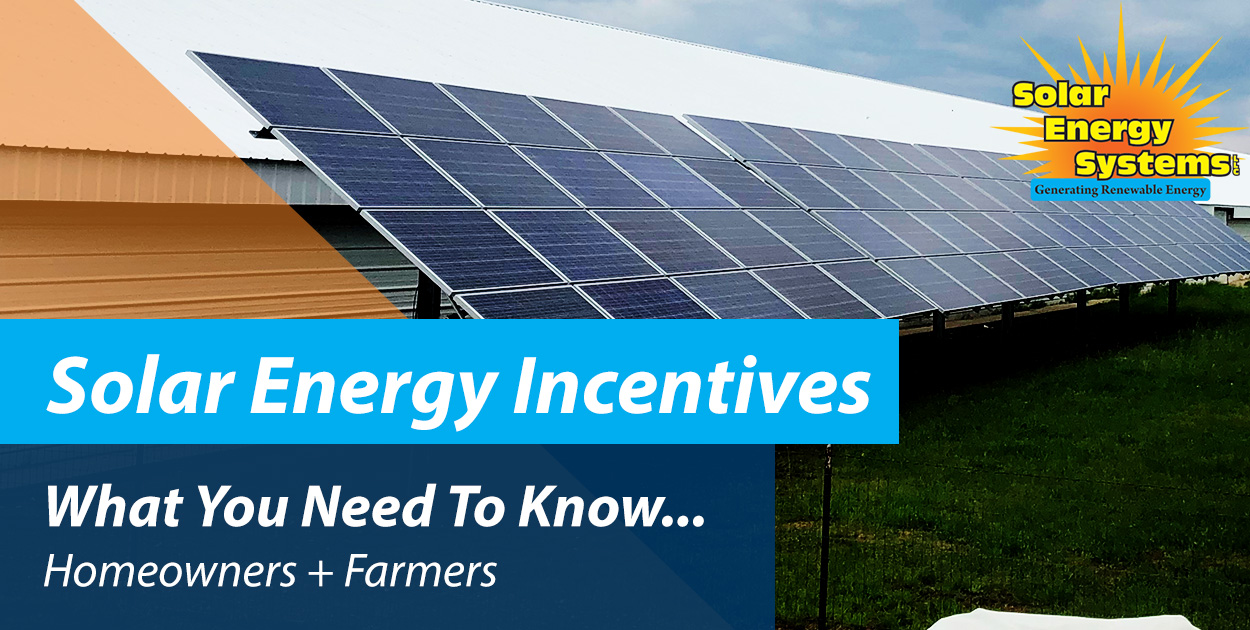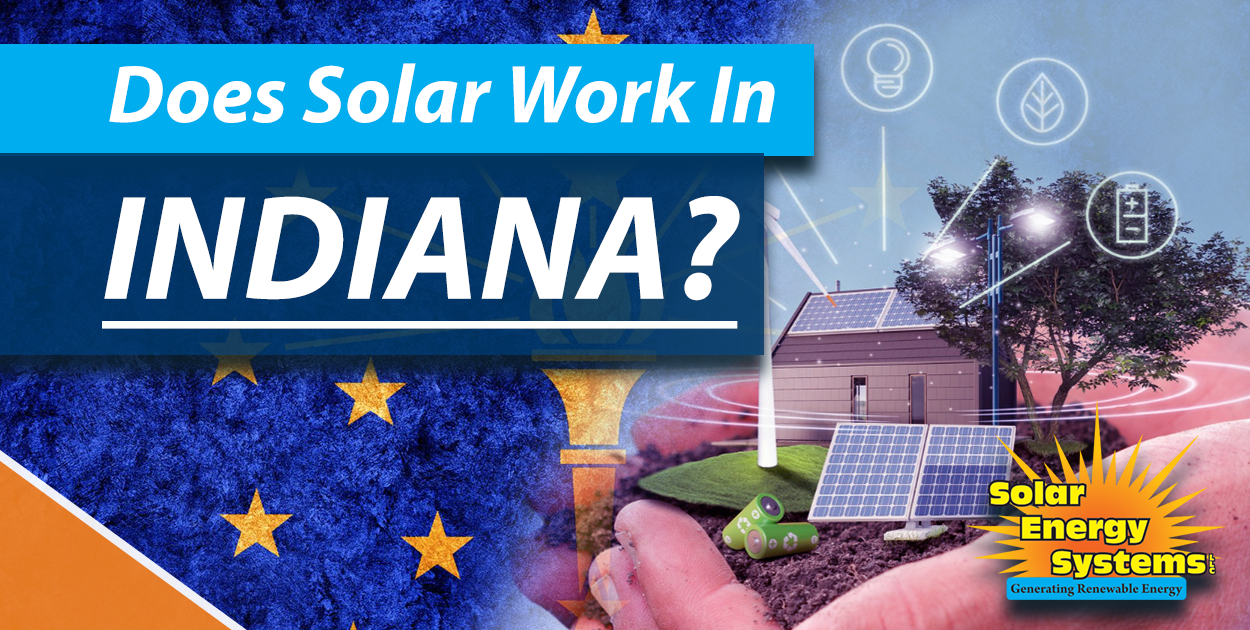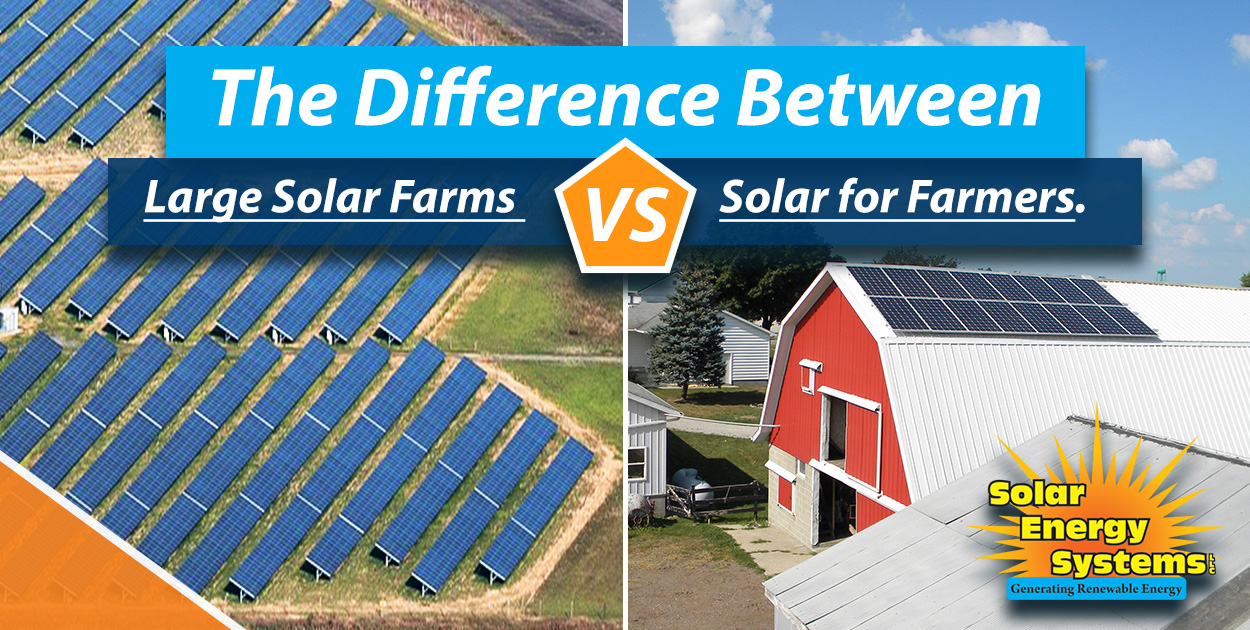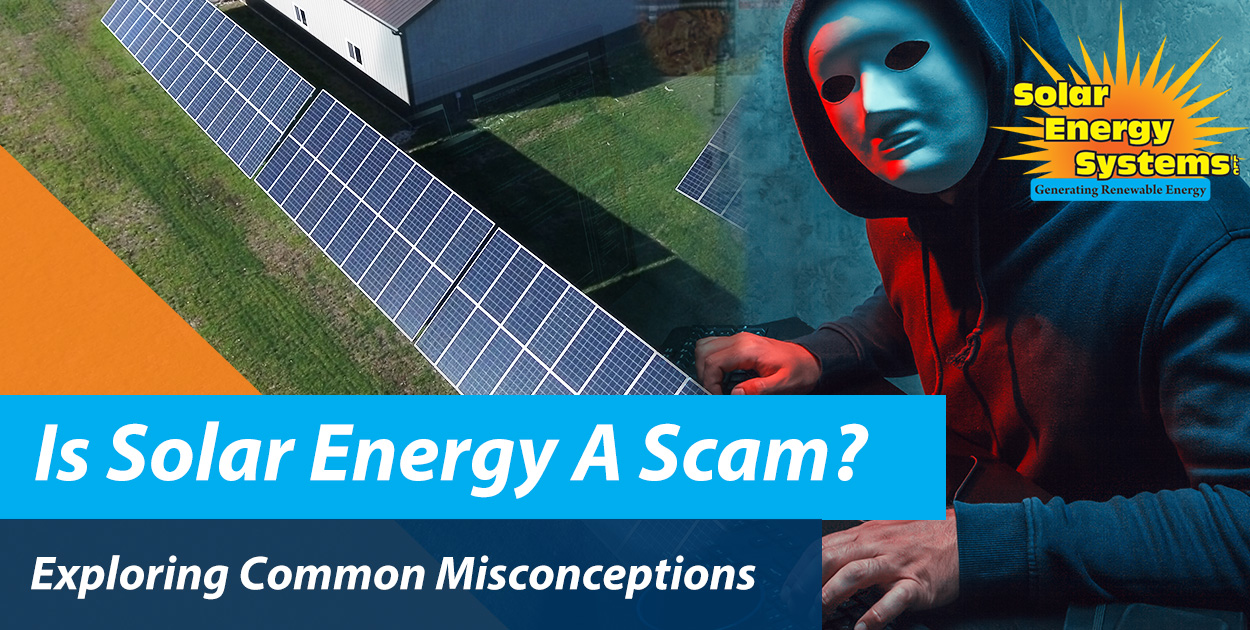Understanding the Different Solar Energy Incentives Available to Homeowners and Farmers
Introduction:
Switching to solar energy can be a significant investment for homeowners and farmers, but it comes with long-term benefits such as lower electricity bills and reduced carbon footprint. However, the initial investment can be a deterrent for many people. Fortunately, there are several solar energy incentives available to help offset the upfront costs and make solar energy more accessible to everyone. In this article, we will discuss the different solar energy incentives available to homeowners and farmers and how to take advantage of them.
Federal Solar Tax Credit
The federal solar tax credit, also known as the Investment Tax Credit (ITC), is available to both homeowners and businesses who install solar energy systems. This incentive allows you to deduct up to 22% of the total cost of your solar energy system from your federal income taxes. To take advantage of the solar tax credit, you must own the solar energy system and have it installed before December 31, 2023. After that, the incentive will gradually decrease. Here are some key points to keep in mind about the federal solar tax credit:
- The tax credit applies to both residential and commercial solar energy systems
- There is no maximum limit on the amount you can claim
- If you don’t owe any taxes this year, you can carry the tax credit over to future years
- If you lease your solar panels, the leasing company is eligible for the tax credit, not you
State and Local Incentives
In addition to the federal solar tax credit, many states and local governments offer their own solar energy incentives. These incentives can vary widely depending on where you live, so it’s important to check with your state and local governments to see what’s available. Here are some common state and local solar energy incentives:
- Rebates: Some states and local governments offer cash rebates for homeowners and farmers who install solar energy systems. These rebates can range from a few hundred dollars to several thousand dollars, depending on the size of the system.
- Property tax exemptions: Some states offer property tax exemptions for solar energy systems. This means that you won’t have to pay property taxes on the value of your solar energy system.
- Sales tax exemptions: Some states offer sales tax exemptions for solar energy systems. This means that you won’t have to pay sales tax on the purchase of your solar energy system.
- Net metering: Net metering is a billing arrangement that allows homeowners and farmers with solar energy systems to receive credit for the excess electricity they generate and feed back into the grid. This can significantly reduce your electricity bills.
Other Incentives
In addition to the federal, state, and local incentives, there are other incentives that you may be eligible for, depending on your situation. Here are some examples:
- USDA grants: The U.S. Department of Agriculture (USDA) offers grants for farmers and rural businesses who want to install renewable energy systems, including solar energy.
- Solar Renewable Energy Certificates (SRECs): SRECs are tradable certificates that represent the environmental benefits of generating renewable energy. Some states have SREC programs that allow homeowners and businesses to earn money by selling their SRECs to utilities.
- Low-interest loans: Some banks and credit unions offer low-interest loans specifically for solar energy installations. These loans can help you finance your solar energy system at a lower cost than traditional loans.
Making the Decision
After considering the different incentives available, the decision on which ones to take advantage of ultimately depends on your individual circumstances. It’s important to take into account your budget, your energy needs, and your long-term goals.
For homeowners, the federal tax credit and state-specific incentives can make going solar more financially feasible. These incentives can reduce the upfront costs of solar panel installation and help homeowners save money on their electricity bills over time.
For farmers, incentives like the USDA REAP grant can provide significant financial assistance to offset the high upfront costs of a solar installation. Additionally, net metering and other state-specific incentives can provide ongoing savings to help farmers offset the costs of electricity.
It’s important to note that solar incentives are subject to change over time. Federal tax credits and state-specific incentives can be revised or even discontinued altogether. It’s important to stay up-to-date on any changes to solar incentives to make the most informed decision possible.
Final Thoughts
Solar energy incentives can be an excellent way to help offset the costs of going solar for both homeowners and farmers. By taking advantage of these incentives, individuals can save money on their energy bills and help reduce their carbon footprint.
It’s important to carefully consider the different incentives available, as well as your individual circumstances, before making a decision. With the help of a reputable solar company, like Solar Energy Systems, you can explore your options and determine which solar incentives are right for you.
If you’re interested in learning more about solar energy incentives and how they can benefit your home or farm, contact Solar Energy Systems today for a free solar quote. Our team of experts can help guide you through the process and answer any questions you may have.








